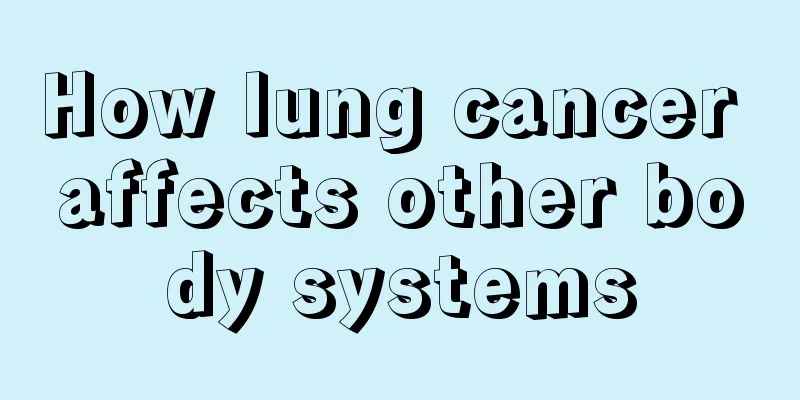What are the three major early symptoms of nasopharyngeal carcinoma and what treatment method is most appropriate?

|
What are the three early symptoms of nasopharyngeal cancer? What is the most appropriate treatment? First: Symptoms of cervical lymph node metastasis: NPC is prone to cervical lymph node metastasis, about 60.3% to 86.1%, half of which are bilateral metastasis. Cervical lymph node metastasis is usually the first symptom of NPC 23.9% to 75%. In a small number of patients, the primary lesion cannot be found in the nasopharynx examination, and cervical lymph node metastasis is a clinical manifestation. This may be related to the fact that the primary lesion of NPC is very small and extends to the submucosal tissue. Second: Nasal symptoms: Because the primary cancer breaks through the surface mucosa and causes runny nose, the nasal secretions often have blood streaks or blood clots, which is more common after getting up in the morning and is one of the early symptoms. When the advanced cancer ulcerates, there may be purulent runny nose or cause a lot of bleeding that is difficult to stop, and even life-threatening. There is no nasal congestion in the early stage, but when the cancer blocks the nostrils, it can cause unilateral or bilateral nasal congestion. Third: tinnitus, hearing loss, ear blockage: When nasopharyngeal carcinoma occurs in the lateral wall of the nasopharynx, the lateral fossa, or the upper lip of the Eustachian tube opening, the tumor compresses the Eustachian tube, which may cause unilateral tinnitus or hearing loss or catarrhal otitis media. Unilateral tinnitus or hearing loss is one of the symptoms of early nasopharyngeal carcinoma. What is the most appropriate treatment? The commonly used treatment method is radiotherapy. Conventional radiotherapy has many complications. Three-dimensional conformal or enhanced radiotherapy is recommended. The total irradiation dose to the nasopharynx is 66~70Gy/6.5~7 weeks, the radical dose for positive cervical lymph nodes is 56~60Gy, and the preventive irradiation dose for negative cervical lymph nodes is 46~50Gy. Chemotherapy, traditional Chinese medicine, and immunotherapy can be used during radiotherapy to improve the efficacy. Comprehensive treatment methods such as chemotherapy and surgery can be used for some advanced patients and recurrent cases after radiotherapy, as well as a small number of adenocarcinomas and squamous cell carcinomas that are insensitive to radiation. |
<<: How to prevent and care for nerve damage caused by complications of nasopharyngeal carcinoma
>>: Indications and options for chemotherapy for gastric cancer
Recommend
How is lung cancer formed? Five important factors that cause lung cancer
Long-term smoking can cause proliferation of bron...
What causes bladder cancer and how does it occur
Bladder cancer is also a relatively common malign...
Types of sesame cakes
Shaobing is a delicious and tasty food. People wh...
Human body schedule
We all know that there are 24 hours in a day, and...
What should I pay attention to after lung cancer surgery? How should I take care of myself after lung cancer surgery?
The full name of lung cancer is bronchial lung ca...
7 common mistakes you make when taking a bath
Taking a bath can remove sweat, dirt and oil, eli...
What are the dangers of ignoring lung cancer
What are the dangers of ignoring lung cancer? I b...
How to use the air conditioning fan
In the hot summer, air conditioners and electric ...
What are the causes of rectal cancer recurrence
Cancer is no longer uncommon in our lives. People...
Can the tongue grow longer the day after tomorrow
Everyone knows that the tongue not only helps us ...
What are the symptoms of mechanical intestinal obstruction?
The symptoms of mechanical intestinal obstruction...
Why do I always feel sleepy in the morning?
It is normal to feel sleepy after lunch, but if y...
Should I take the hyperthyroidism medicine before or after meals? I have to take it at this time
Hyperthyroidism is a common disease. Patients may...
How long should crabs be soaked in salt water?
The price of seafood such as crabs is generally q...
What to do if laser freckle removal leaves sequelae
After using laser to remove spots, there will be ...









